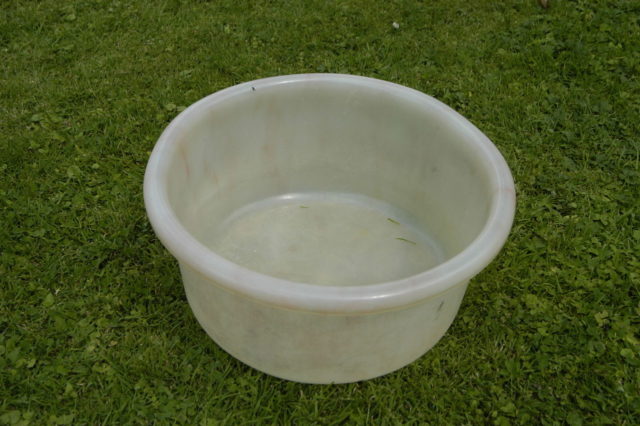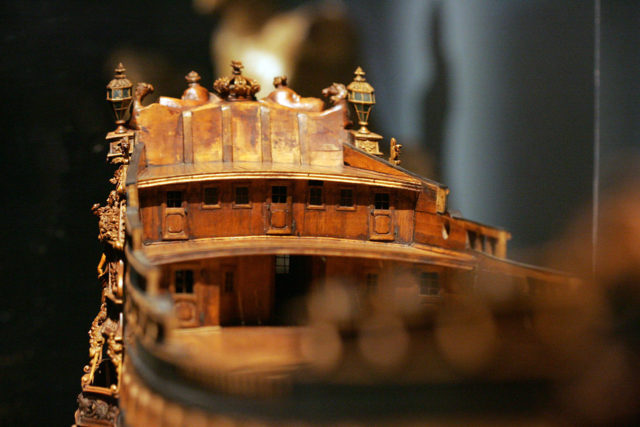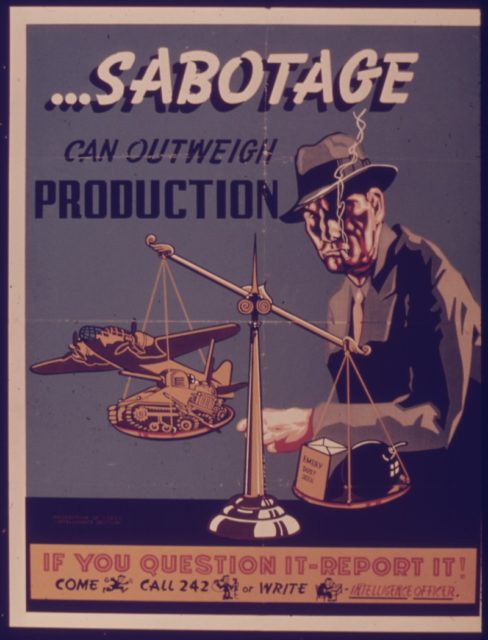Have you ever wondered about how a certain word was born or when did it start to signify the thing that it describes?
Every day we use different words without realizing that they have been around since ancient times. Many words have changed their meaning and tracing it is like a big adventure around the world. Etymology is a fascinating science that examines the origin of words and the historical development of their meanings. Every word has its own story and personality, so let’s have a look at some of the words which are uses on regular basis.
Muscule

When we hear the word muscles, we all think of strength, exercise or gym. We all have them, though some of us have more and others have less. So how did this word came to be?
The term muscle comes from the Latin word “musculus” which means “little mouse.” Romans perceived flexed muscles as little mice moving under the skin, so they felt it’s appropriate to use this term for the tissue that built their empire. Muscles are viewed differently today, and nobody compares them with these tiny mammals.
Whiskey

Whiskey has been on the bar shelves for a long time, but where did the word come from? According to linguists, the word “whiskey” comes from an Old English word, “uskebeaghe” (1581). It is a combination of the Gaelic word “uisce” which means water and the Gaelic word “beatha” (bethu), which means life. Together these words are translated as “the water of life,” a term that the Romans used for distilled alcohol (aqua vitae). Many would agree that this is exactly what whiskey is.
Villain

Today villains are the bad guys, whether we see them in movies or real life. According to the contemporary interpretations of the world, villains are capable of crimes and other evil things. In the past, they were also considered as capable of doing good honest, hard work. In XIV century France, “villain’ was a word used for all of the people that worked on farms. “Villain” derives from the word “Villa,” which is the Latin word for a country house.
Trivia

Trivia is everywhere today. It overwhelms the Internet, and it creeps from every corner. Some trivia can be fun, but not too much. Trivia is not a new thing; people have been exchanging trivia since the beginning of time. Well, here’s some trivia about the word “trivia”. It comes from the Latin word “trivium”. “Tri” is the Latin word for “triple” and “via” means “way” or “road”. Trivium is an intersection where three roads meet, and these kind of places were really popular in Rome.
People used to stop and chat when they would meet on Trivium intersections. Words about the government and gossips were often exchanged during these meetings. In classical Latin, “trivialis” means a street corner and a commonplace. The word changed its meaning, and it gradually came to refer many things such as grammar, rhetoric, and logic.
Salary

Probably the most important word in this list. All of us are waiting for the day we receive one. The word has been used since ancient times, and its value has changed a lot since then. Salt used to be an extremely valuable ingredient for its rich properties. Salt improves the flavor of our food, and it helps preservation. Besides its culinary usage, it has many other applications. The Romans soldiers who proved themselves as worthy and competent used to receive money to buy salt. This payment was called “salarium,” derived from the word “salarius” which means “of salt”. So now we also know the origin of the expression “worth their salt”. Later, “salarius” became a term used for payments received by the soldiers in the Roman Empire. The words survived until today, and it’s used for wages.
Plastic
The word “plastic” came long before the material we use today for almost anything.
Since the 1600s “plastic” has been a word used for anything that can be molded into different shapes.

The term is even older; the Roman word “plasticus” and the ancient Greek word “plastikos” also signified something that can be molded into shape. Greeks usually used the word “plastikos” for unhardened clay.
Seminar

Wait till you hear this one! Today, seminars are often boring meetings in which people participate and try to learn something together. The Latin word “seminarium” had a different meaning: “breeding ground” or “plant nursery,” or “seed plot.” The word derives from “seminarius” which means “of seed”, but ultimately the meaning of “seminar” comes down to the Latin word “semen” (seed). So next time you go to a seminar keep in mind that somebody wants to fertilize your brain.
Poop
There is a lot of poop (linguistically and literary speaking) all around us.
Poop is a word that is often used but had a few different meanings throughout history. In nautical terms, in the 1700s, “poop” was the stern deck of a ship.

Another usage of the word comes from the 1500s when it was used as a verb meaning a short blast of sound produced from a wind instrument (horn or trumpet). Later this short blast of sound was used for another “wind instrument” and slowly it came to the modern definition. At the beginning “poop” was only used by children and later, with the development of indoor plumbing, it became a term used in the household.
Vanilla

When Hernando Cortes went and conquered the Aztec Empire, he discovered the vanilla plant and named it “vainilla” which literary means “little sheath” or “little pod”, deriving from the Latin word “vagina,” which means “sheath”. The name referred the shape of the plant, which needs to be split open for the beans to come out.
It’s funny how the meaning changed in the 1970s when “vanilla” meant something dull, conventional, and ordinary in terms of sexual preferences.
Sabotage

According to one theory, the term comes from 19-th century France, and derives from “sabots”, cheap wooden shoes that were worn by poor citizens. Those shoes were clumsy and loud when worn on the streets. The French had a term to describe a person walking in them: “saboter” to make noise while walking in sabots.
The word changed into “sabotage “and its meaning shifted from noisy wooden shoes to “deliberate destruction”. This transition has a story behind it, but etymologists seem to question it. When French workers went on strike in their factories, they used to shove their shoes in the machines and damaged them in the process. According to the story, the shoes became a symbol of destruction.
We have another fun read for you: The history of celebrating birthdays and putting candles on cakes
The true origin is probably not so spectacular. The sabot shoes make you walk clumsy and “saboter” was later connected with any sort of clumsy way of performing a given task. After 1910, the word was changed to “sabotage” and explained any sort of malicious clumsiness.
